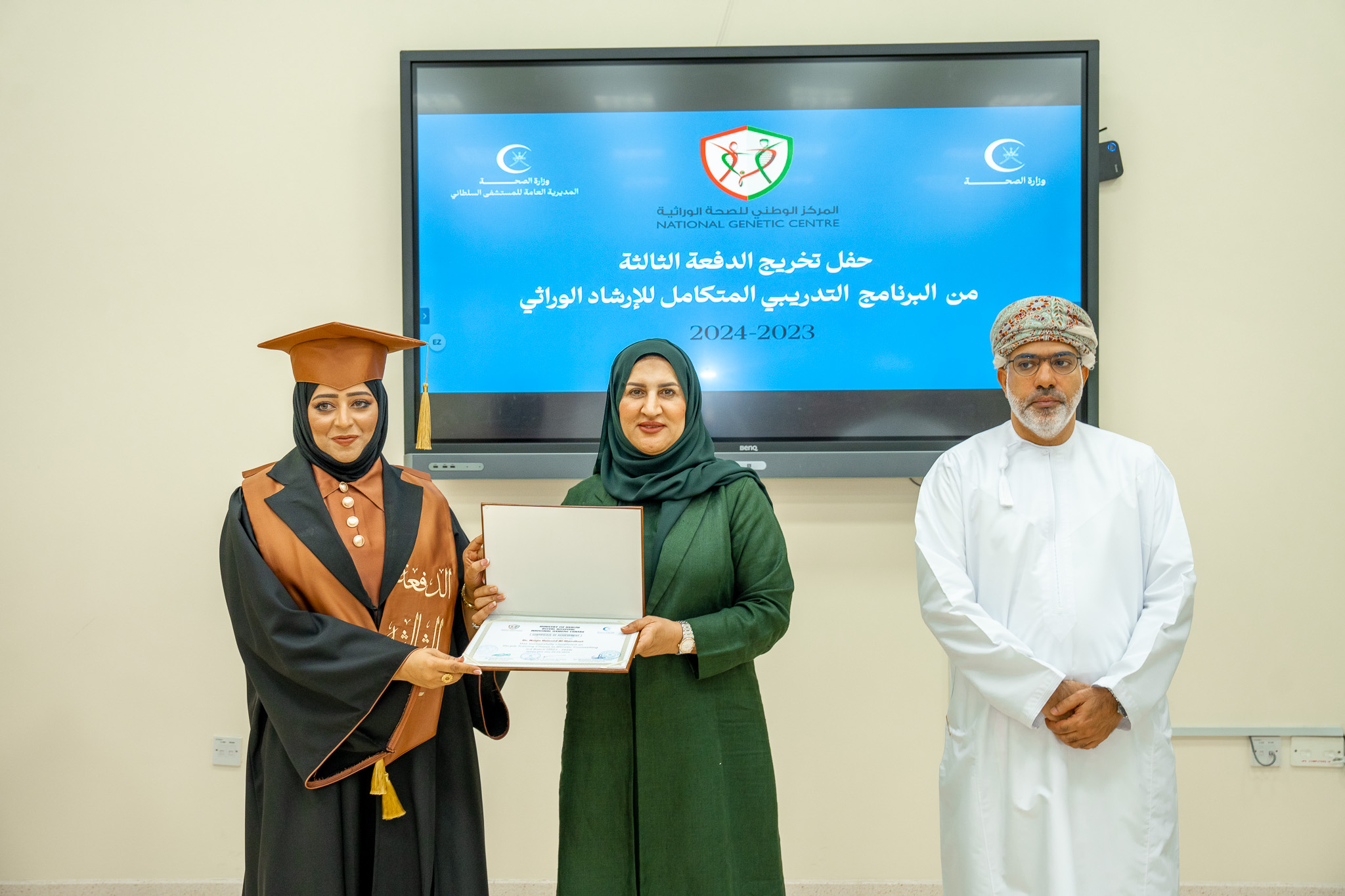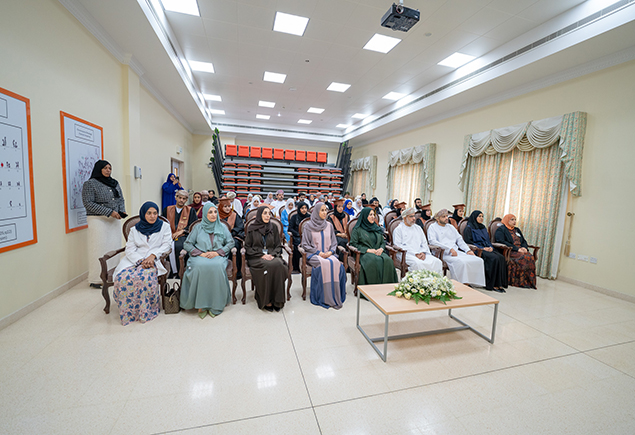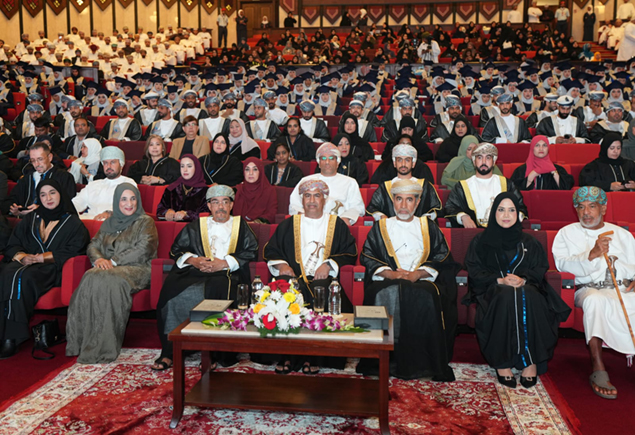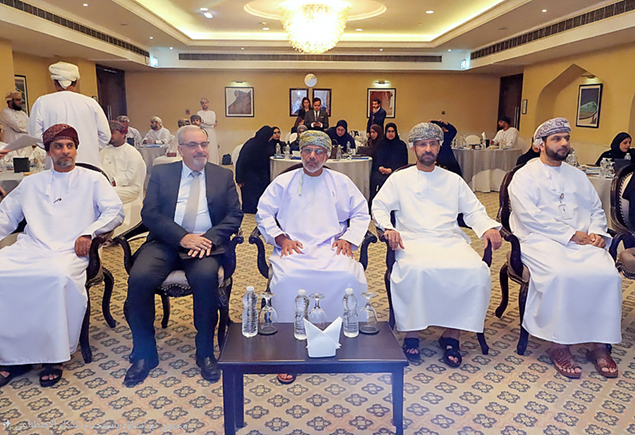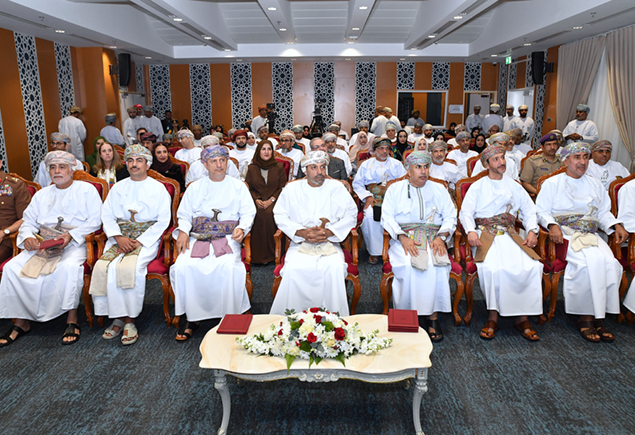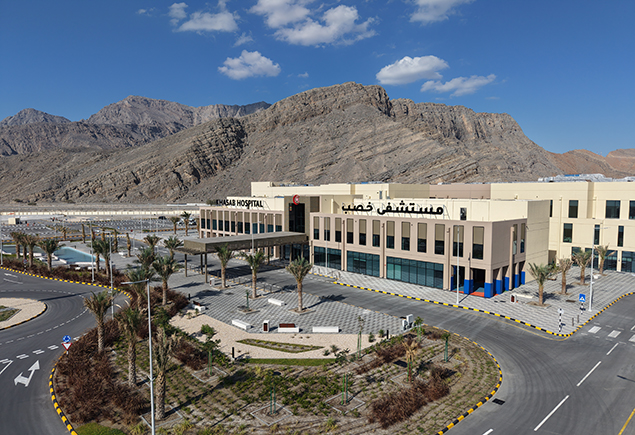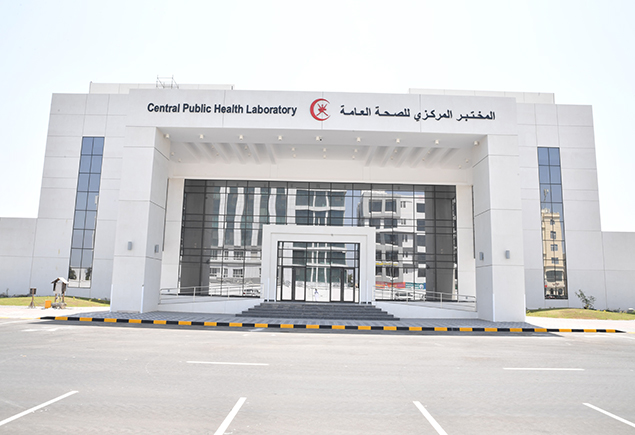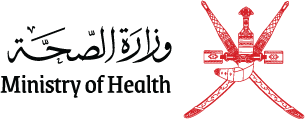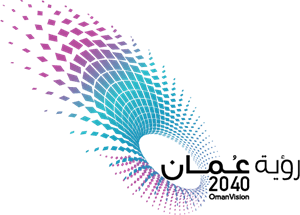The National Genetic Center of the Royal Hospital marked today (Tuesday) the graduation of the third cohort of the Integrated Genetic Counseling Academic Program in 2023-2024, which featured (11) graduates from various Governorates of the Sultanate of Oman as well from Gulf Cooperation Council (GCC) countries.
The graduation ceremony was under the auspices of Her Excellency Dr. Fatima Mohammed Al Ajmi, Executive President of Oman Medical Specialty Board.
The program was built around the concept of "on-the-job training," designed to empower trainees to apply their theoretical knowledge in practical settings throughout their training period. This hands-on approach played a crucial role in developing real-world experience, equipping participants with the skills needed to address the challenges encountered in providing genetic counseling services. The training was complemented by a range of activities, including interactive workshops, specialized courses, academic lectures, and field training sessions conducted in hospitals and healthcare centers. This comprehensive methodology proved highly effective in preparing trainees to handle complex genetic cases with expertise, ensuring they are capable of offering professional, high-quality genetic counseling.
The Academic Program, which ran for 16 months, was carefully designed to meet both academic and practical standards in the field of genetic counseling. It consists of (9) specialized modules, structured to align with training needs and job performance requirements. Courses covered Fundamentals of Genetics, Common Genetic Disorders, Communication and Counseling, Diagnosis and Treatment, and Genetic Research.
Between 2015 and 2022, two cohorts successfully graduated from the program, and genetic counseling clinics were established in various governorates across Oman. This expansion was part of a strategic effort to make genetic health services accessible to all eligible individuals, thus enhancing the prevention and early detection of genetic diseases.
It is important to highlight that genetic counseling plays a vital role in reducing the rising rates of genetic diseases among the Omani population. It serves as an effective tool for raising awareness among individuals and families about potential genetic risks. Through specialized counseling based on genetic testing and family medical history, genetic counseling contributes to the early detection of the likelihood of inheriting genetic diseases, enabling families to make informed decisions regarding marriage or childbearing. This preventive approach reduces the risk of having children with genetic disorders and alleviates the health and economic burdens on both families and the wider community.
